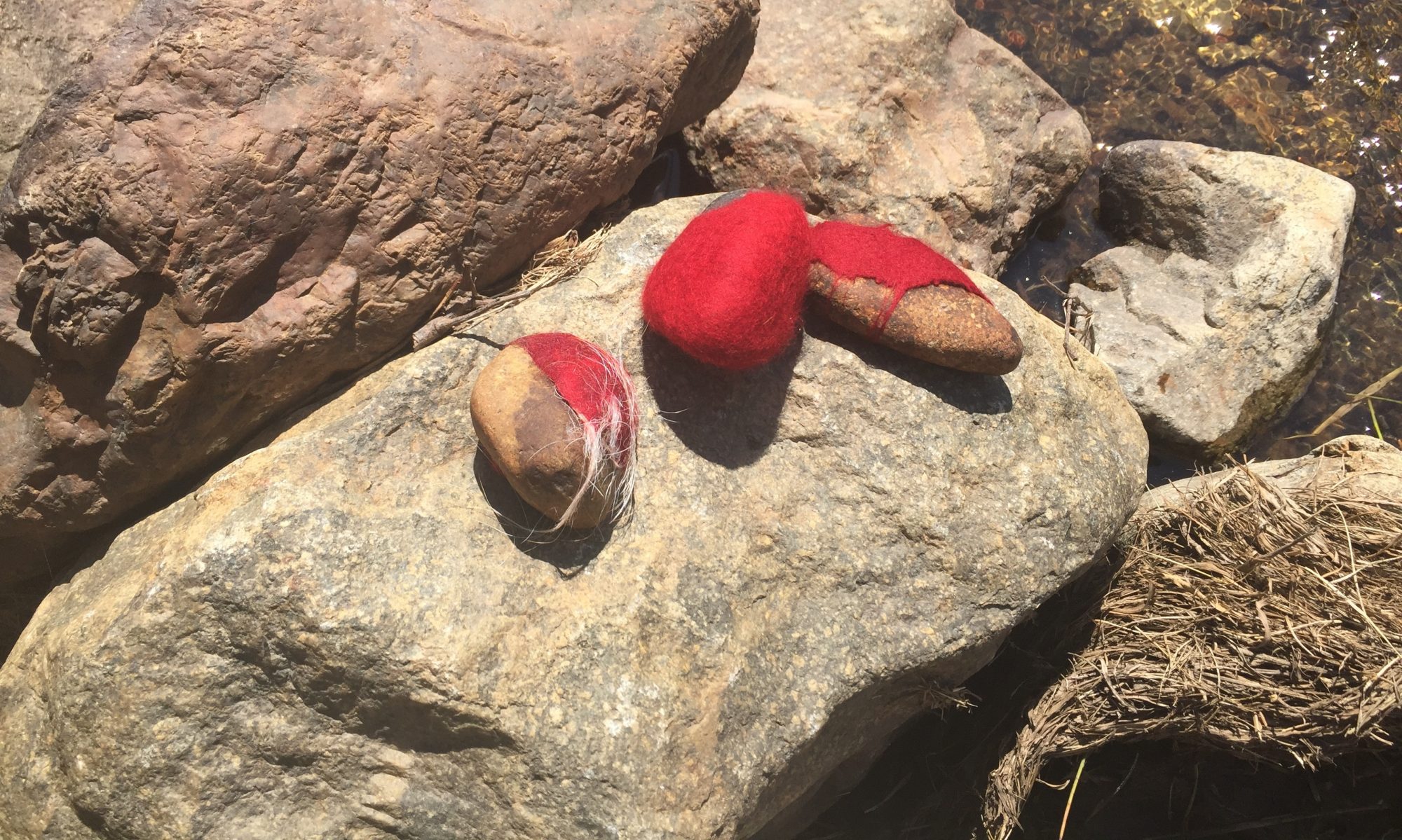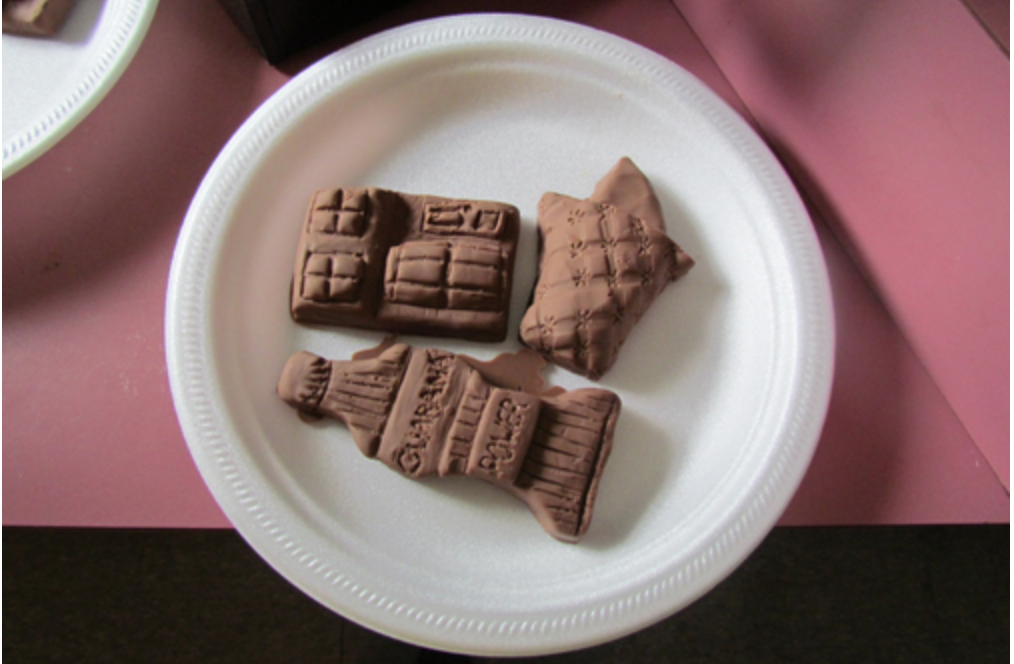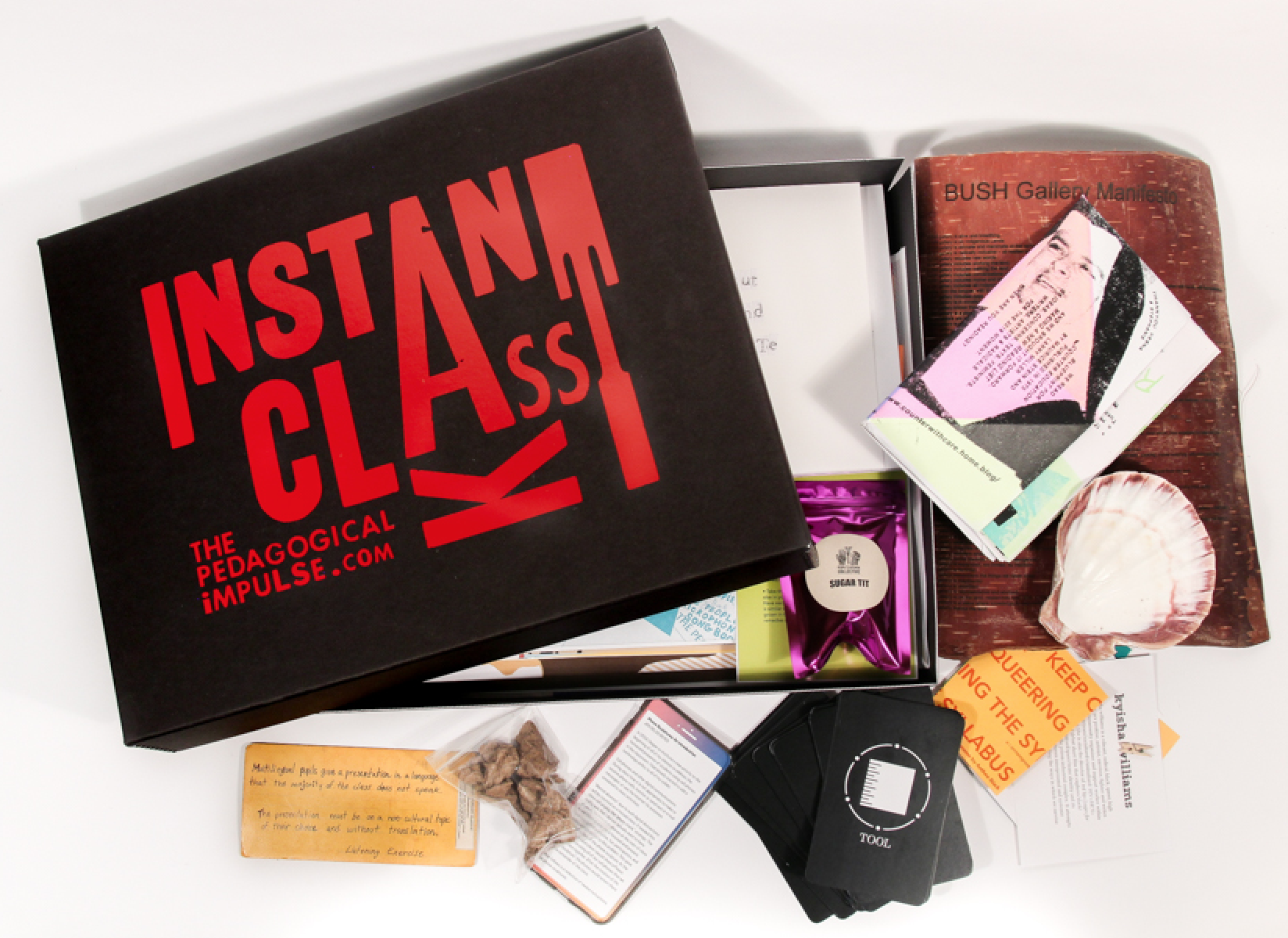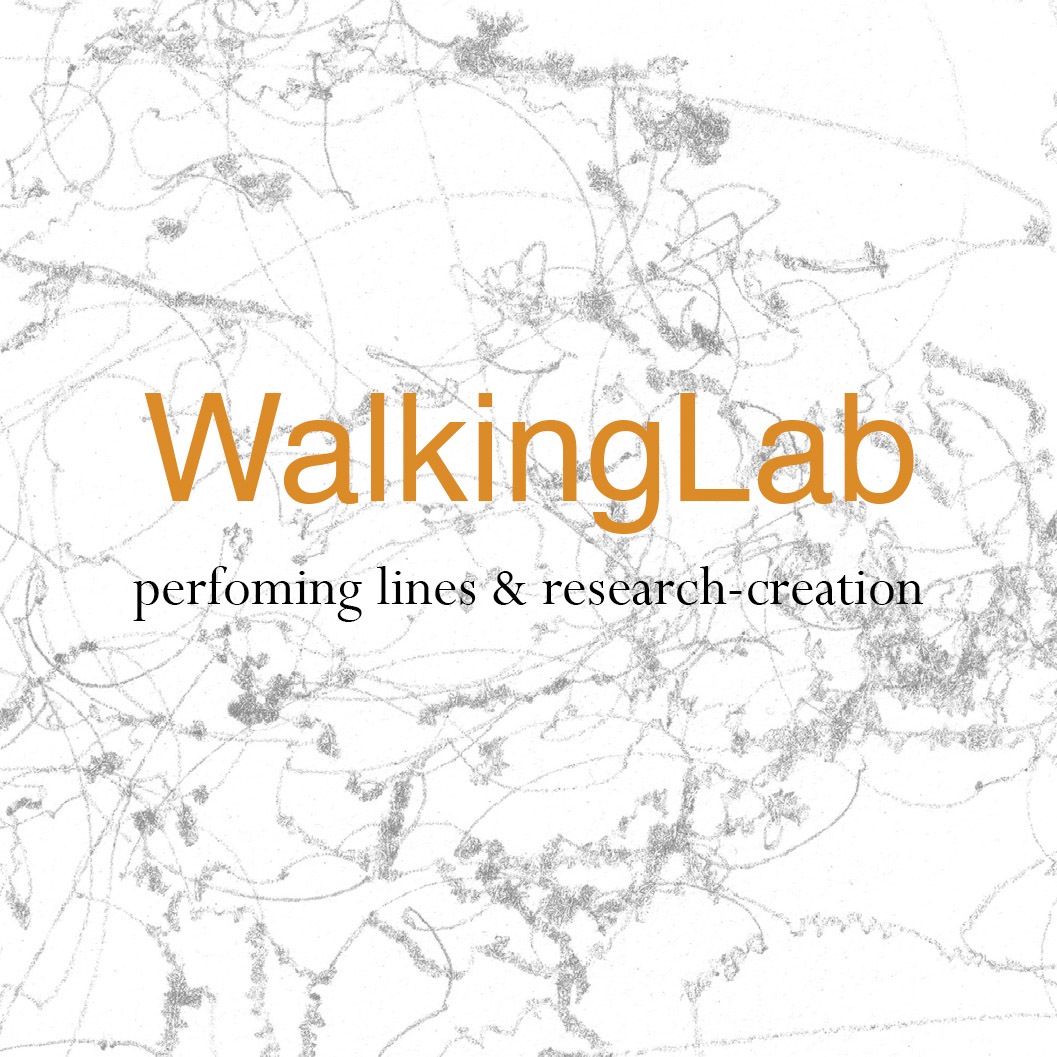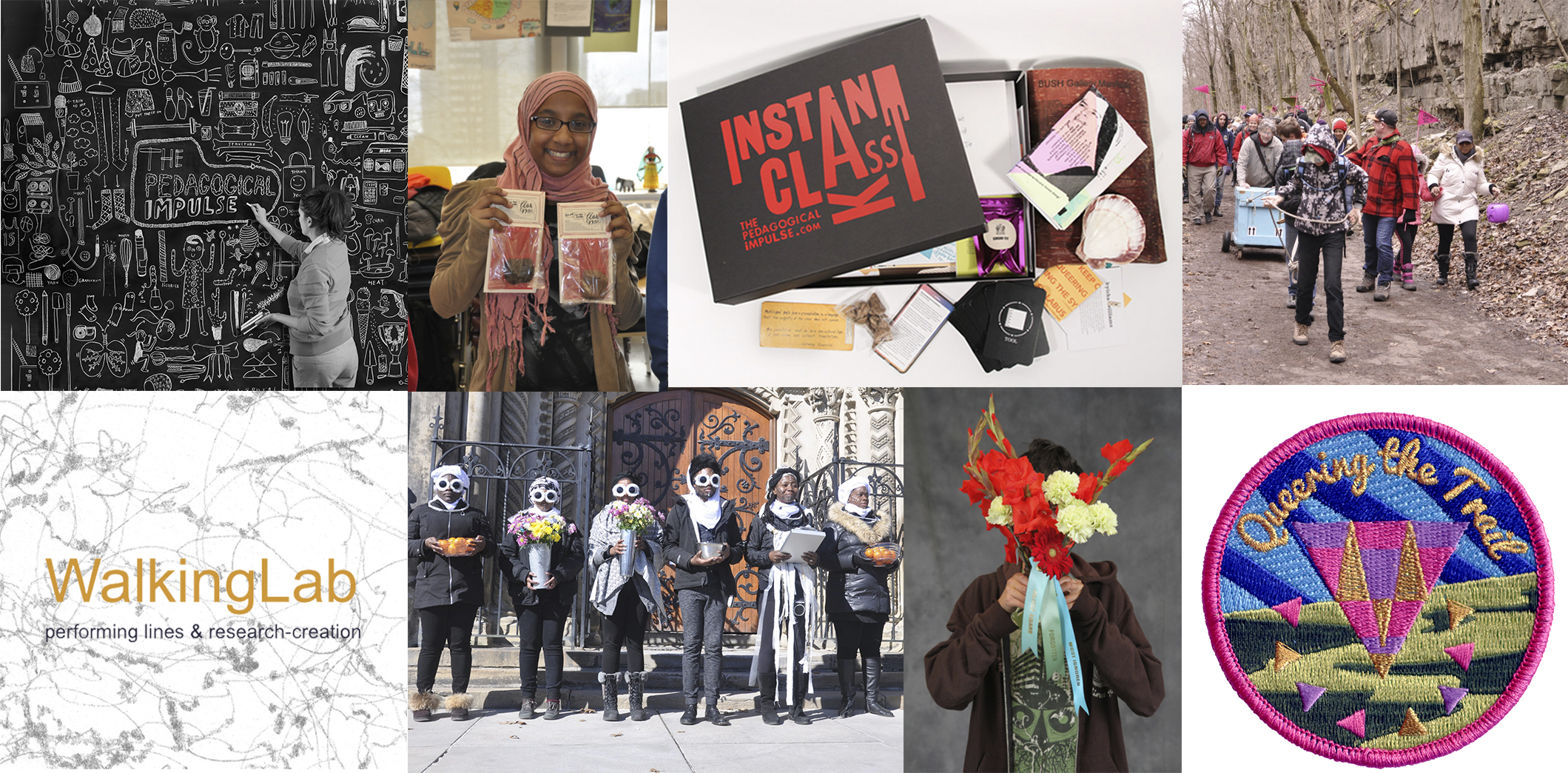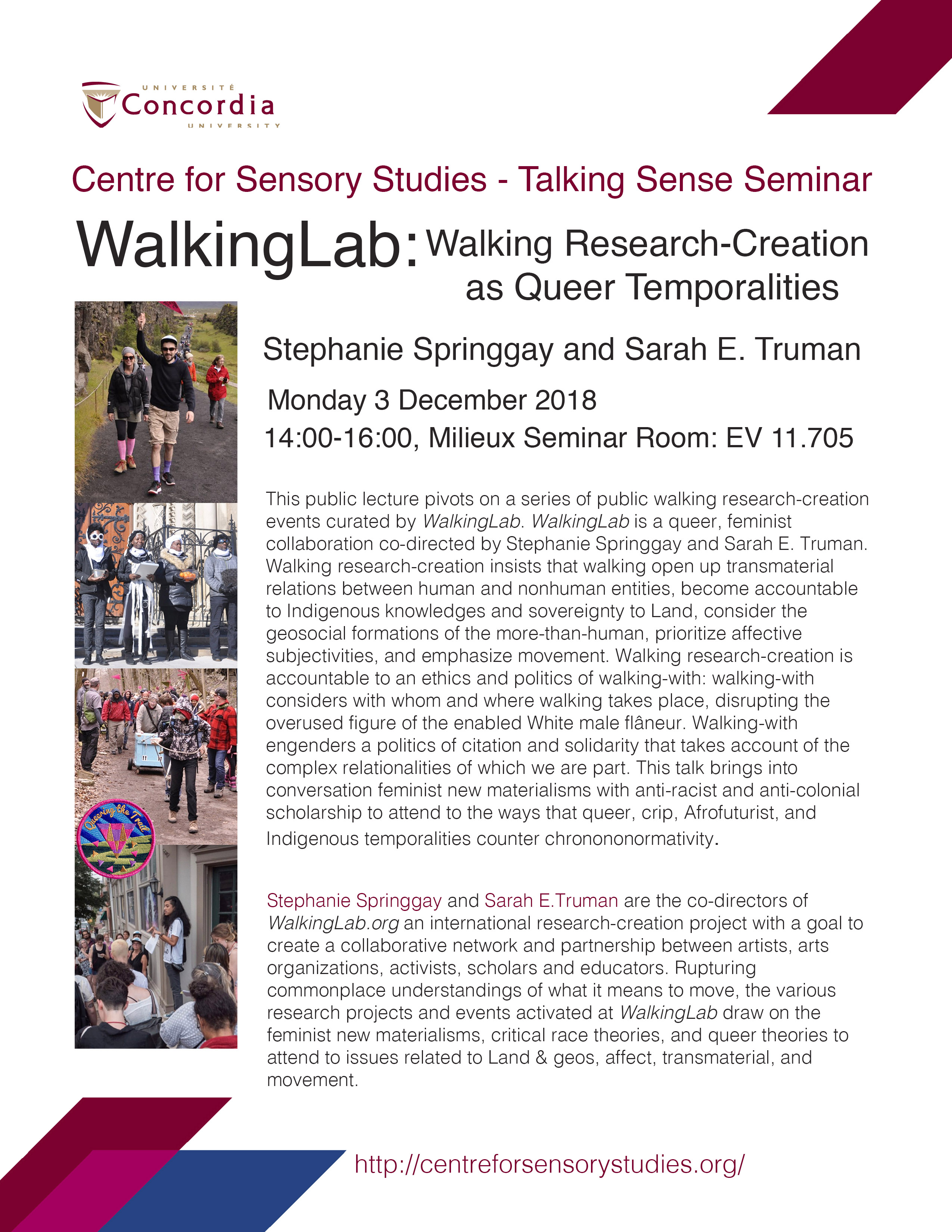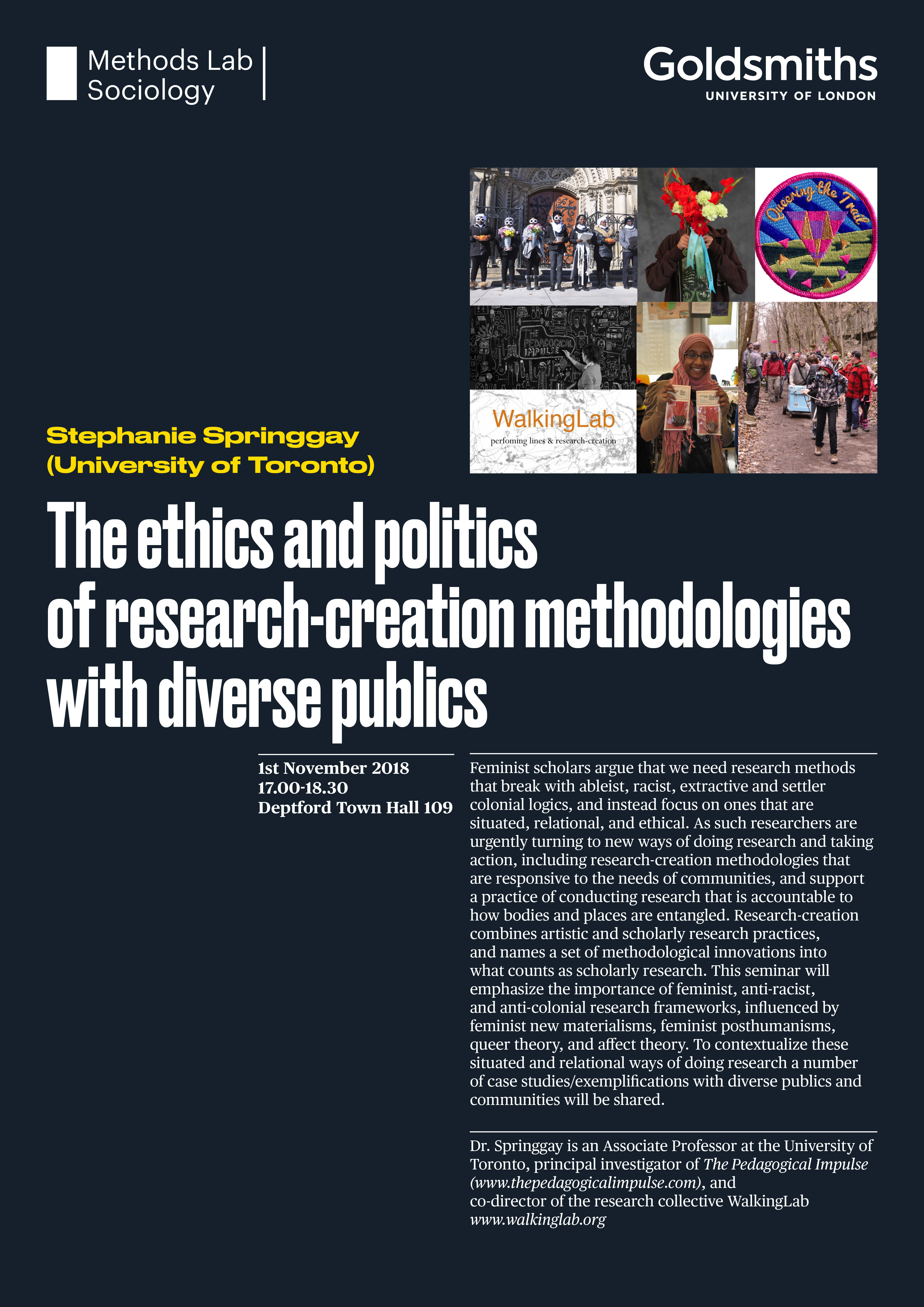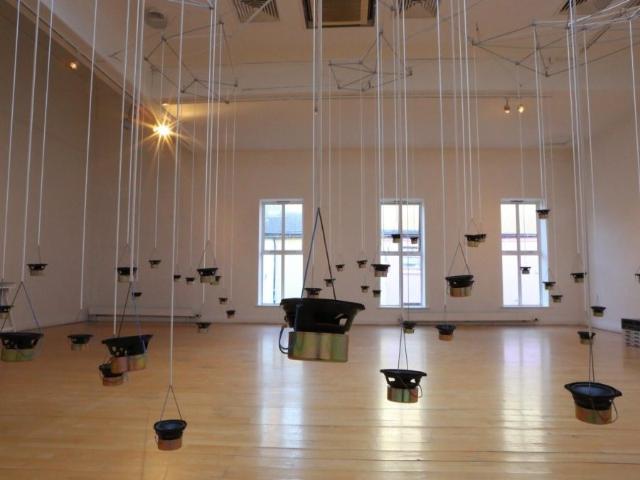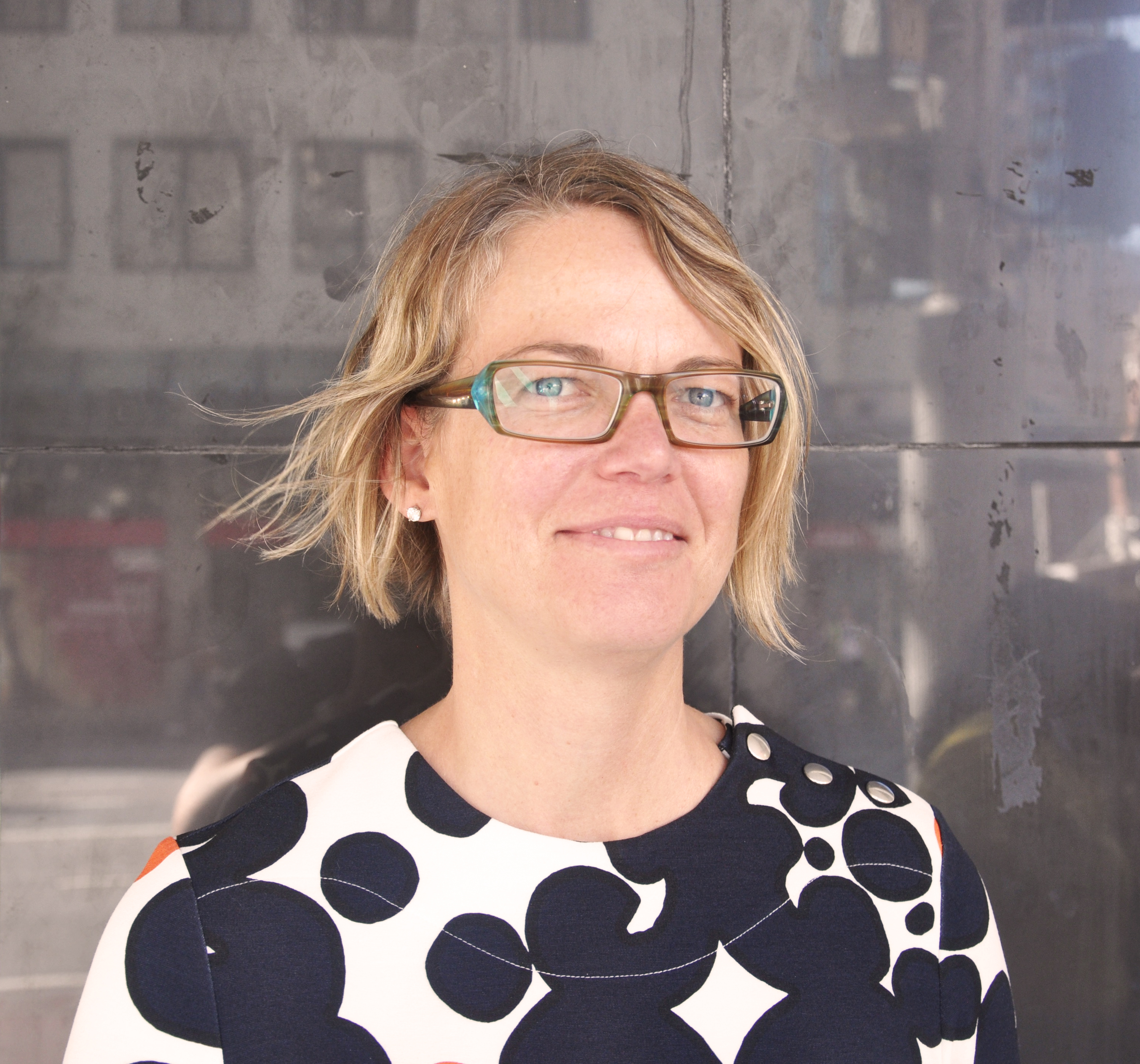Springgay, S. (2020). Chocolate Elementary: Young Children as ‘Taste-Makers’. Invited paper at the Taste Affinities Symposium: Northrup Frye Centre, University of Toronto.
March 13, 2020, Alumni Hall, Old Vic, 91 Charles st. West
Socially-engaged art & experimental pedagogies
Springgay. S. (2019). Socially-engaged art & experimental pedagogies. Invited lecture. Victorian College of the Arts, Melbourne.
WalkingLab is leading a walk on the Ice Age to Anthropocene Age Trail
Stephanie is a “Key Interpreter” and leading a walk as WalkingLab as part of the Over the Levee, Under the Plow a five-day Itinerant Seminar taking place in southwest Wisconsin and northwest Illinois from September 25-29, 2019. The walk is part of the year-long initiative Mississippi: An Anthropocene River, co-sponsored by the Haus der Kulturen der Welt and the Max Planck Institute for the History of Science in Berlin.
Stephanie will deliver a Keynote on the second day of the walk.
Public Lecture on the ethics and politics of research-creation with diverse publics. University of New South Wales, School of the Arts and Media
Stephanie will deliver a public lecture on the ethics and politics of research-creation with diverse publics at University of New South Wales, School of the Arts and Media.
Public Lecture on The ethics and politics of research-creation with diverse publics at University of Melbourne
Stephanie will deliver a public lecture on The ethics and politics of research-creation with diverse publics at University of Melbourne.
Public Lecture at Concordia University
Stephanie Springgay will deliver a public lecture ‘Walking Research-Creation as Queer Temporalities’ at the Centre for Sensory Studies at Concordia University.
Invited Lecture at Goldsmiths Methods Lab
Dr. Springgay will be giving a Lecture at Goldsmiths in London, November 1st 2018.
Feminist scholars argue that we need research methods that break with ableist, racist, extractive and settler colonial logics, and instead focus on ones that are situated, relational, and ethical. As such researchers are urgently turning to new ways of doing research and taking action, including research-creation methodologies that are responsive to the needs of communities, and support a practice of conducting research that is accountable to how bodies and places are entangled. Research-creation combines artistic and scholarly research practices, and names a set of methodological innovations into what counts as scholarly research. This seminar will emphasize the importance of feminist, anti-racist, and anti-colonial research frameworks, influenced by feminist new materialisms, feminist posthumanisms, queer theory, and affect theory. To contextualize these situated and relational ways of doing research a number of case studies/exemplifications with diverse publics and communities will be shared.
Conversations on Research-Creation as ‘thinking-in-movement’
Stephanie Springgay and Michael McLoughlin will conduct a walk-and-talk at the Limerick City Gallery of Art on Wednesday October 12th at 11am. The walk-and-talk will take place within McLoughlin’s exhibition Cumann: An Audio Map of Limerick and focus on social practice and the ethics of participation.
Walking in Practice, Panel at the Elemental Festival, hosted by 4e Studio on Manitoulin Island
2:15 Saturday Oct 1st.
4e studio
91 Main Street in Kagawong
WalkingLab’s Stephanie Springgay will be part of a panel on walking in practice this October on Manitoulin Island, Ontario.
Here is the blurb for the talk:
Join a discussion with a diverse panel of local and visiting artists, researchers, and community members, who have been working with walking as their focus. What is the significance of walking as a mode of inquiry or research? What role does walking play in a vibrant creative practice? How can walking overturn our habitual ideas about relation to place and community?
Panelists:
Madhur Anand (Univeristy of Guelph)
Marlene Creates (artist, Nfld)
Joni Palmer (U Boulder)
Stephanie Springgay (University of Toronto, WalkingLab)
Chris Turnbull (writer/artist, Kemptville, ON)
The primacy of movement in artist-residency projects in schools or How to make a classroom operate like a work of art?
Stephanie will give a public lecture entitled The primacy of movement in artist-residency projects in schools or How to make a classroom operate like a work of art?
5pm – Tue 11th Oct
Harry Clarke Lecture Theatre, NCAD
Dublin, Ireland
Here is the abstract for the talk:
This presentation will contribute to the growing field of scholarship on movement in artist-residency projects. Particularly the paper considers how movement fundamentally disturbs boundaries, complicates and disrupts established relations, multiplies and creates immanent connections, produces the virtual, and extends the potential of the body in space. The presentation/paper expands on arguments about movement-sensation through social choreography in order to explore the relationship between movement and community. I consider how recent discussions of zootechnologies or swarms, while resisting methods of analytical investigation, can offer new ways of thinking about collectivity and political subjectivity that is ontogenetic, indeterminate, and of an ‘ecology’ in co-composition. Movement is germane to emerging posthumanist explorations within educational research, and a crucial component for re-imagining research-creation methodologies. Through affective thinking about movement and political-tendings, this paper highlights the productive connections and mattering available in artist-residency projects in schools.
